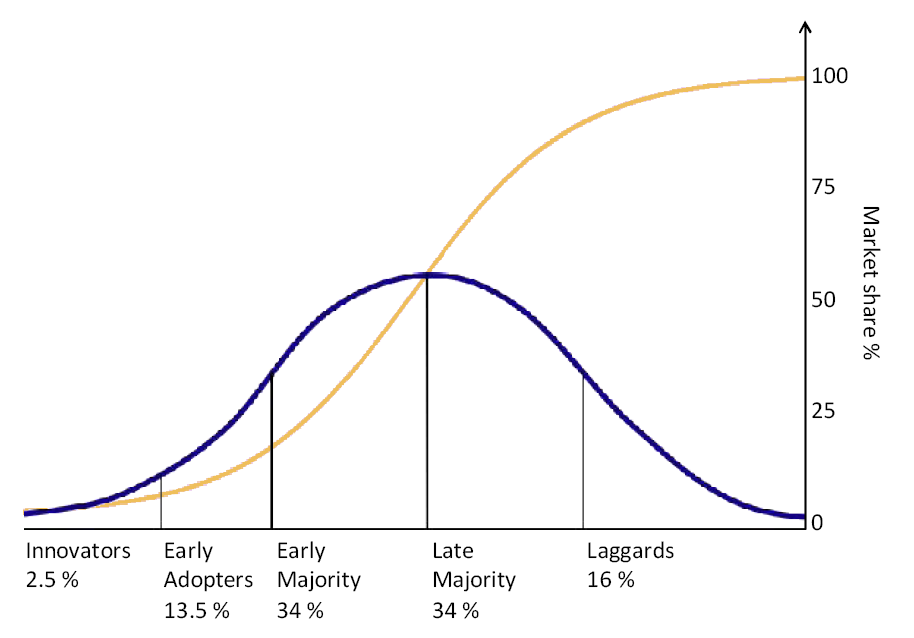Reading The dirty little secret about Google Android, I've been enjoying the insightful analysis of how Apple's decision to free the device from the restrictions of the carrier were key to the identity of the device, and seem more in keeping with what Google originally promised with the Nexus One.
Unfortunately, the Nexus One flopped. The non-Apple customers buy their wireless devices and service very differently. Mass-market phones, even smart phones, need marketing spend behind them, and those campaigns are linked to carrier restrictions and modifications which compromise the "open" vision. The upshot, according to the article:
the consequence of not putting any walls around your product is that both the good guys and the bad guys can do anything they want with it. And for Android, that means that it’s being manipulated, modified, and maimed by companies that care more about preserving their old business models than empowering people with the next great wave of computing devices.
I think this rolls back into the S-Curve of technology adoption.
[credit: Wikipedia]
As the market matures and a it becomes a mass market product, smart phones and apps become both more standardized and more understandable for the average community. We see and hear idiotic advertisements exhorting us to be "twin texting turbos" with the Droid 2. And this is great for Verizon's bottom line, for marketers and developers launching Android apps, and for mobile web content growth. But it basically sucks for the innovators who want to be able to get a great device and move from carrier to carrier in the US market.
Other perspectives: Nic Brisbourne of DFJEsprit writes
[T]he longevity of the app paradigm versus open web standards will depend in large measure on who wins the hardware battle. Open standards at the software level probably will probably only prevail if hardware manufacturers with a PC mindset prevail over those with a preference for closed ecosystems...
Unfortunately, the principles of openness have been interpreted to mean an open app ecosystem, and haven't changed the economics of the closed carrier/device model in the US. Google wants a big market for Android apps and as many users as possible, and that motivation is at cross-purposes with the open-ness that geeks want.
